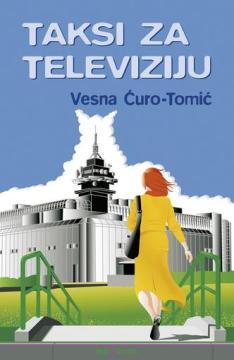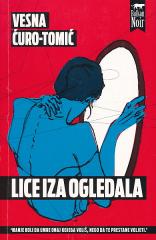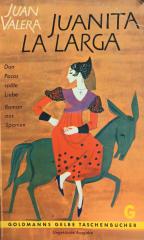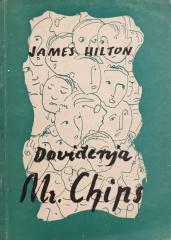
Taksi za televiziju
Nika Gracijani lives in a world that is much more grown up, more serious and less witty than her. Among people who are incomparably better armed in the fight for survival. As a tapir among tigers, lions and most of all coyotes...
Instead of writing an engaging novel, with the character of a heroine and a sufferer, Vesna wrote a book in which the main character is just very confused. Although it houses everything.
A number of parallel stories run through Taxi for Television. One is a family story, the other is a story about childhood, and the third is about life and work at Croatian Television.
Every now and then the fourth gets involved, the husband appears who has read what was written and shares some very strange and cheerful praises and remarks.
Nika lives with her family in Velika Mlaka. Their house is ugly and dark, so it is difficult to revive it with his attention. She has never cooked the same dish twice, she likes to clean up the least, but she likes everything to be in its place.
Between the images of daily life in Zagreb, memories of childhood on the outskirts of Sarajevo, which was just about to grow up and adorn itself with neon, line up.
Nika has been working at Croatian Television for twenty years. Even in that world of bureaucracy, scheming, walking icons, angry Croatian vigilantes and faces who are always on the side of the winner - it doesn't matter if it's about war or ordering coffee - he doesn't do well.
Vesna turned a series of banal scenes into a beautiful, charming and almost tender literary text. It would be said that God gave her the naivety necessary for the building on Prisavlje to be treated as a literary fact. She says that she has always written, but never showed it to anyone.
She thinks that writing is the only talent she has, but not enough to be a writer. This is of course not true, but it sounds good.
One copy is available





